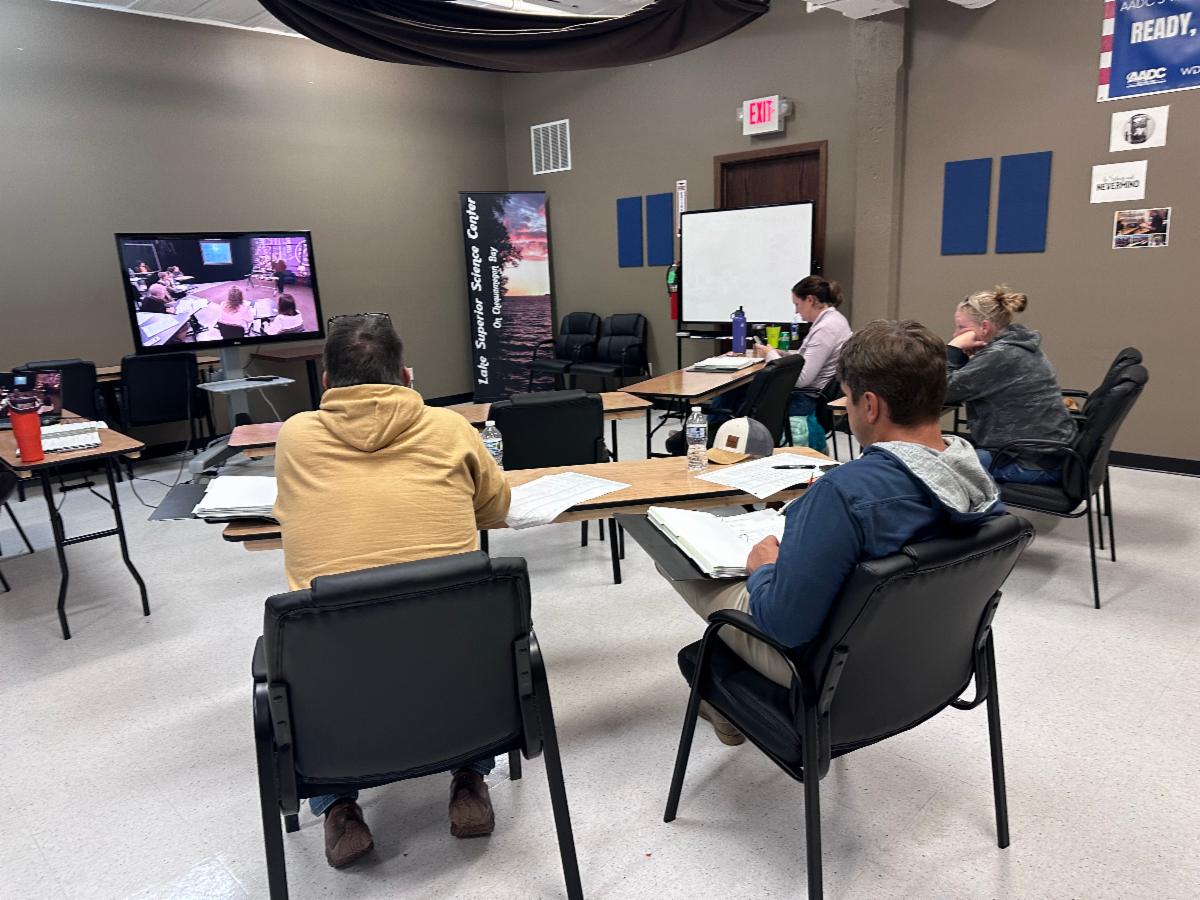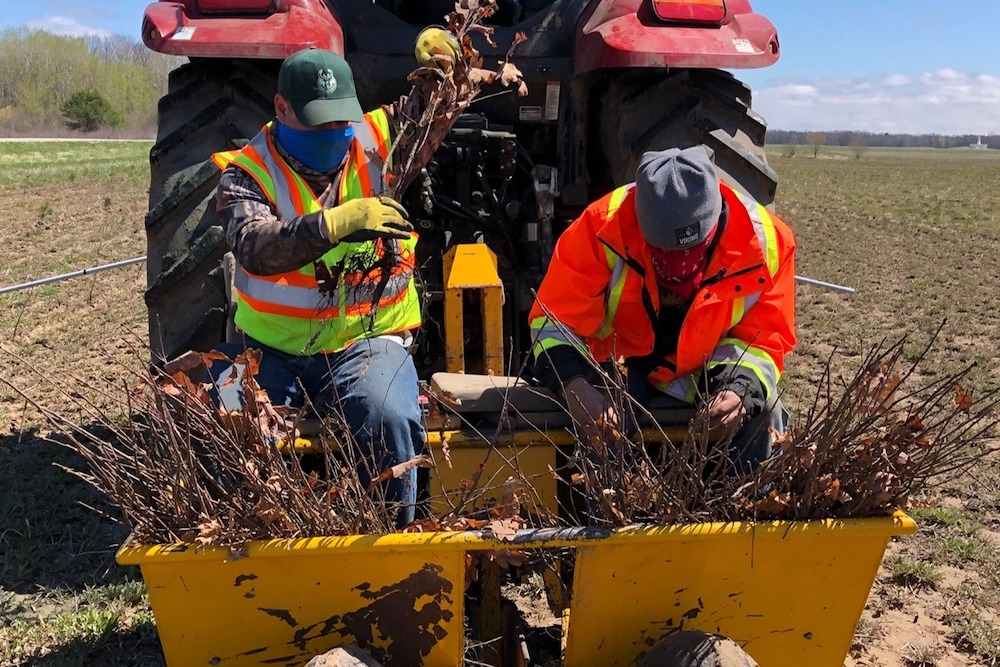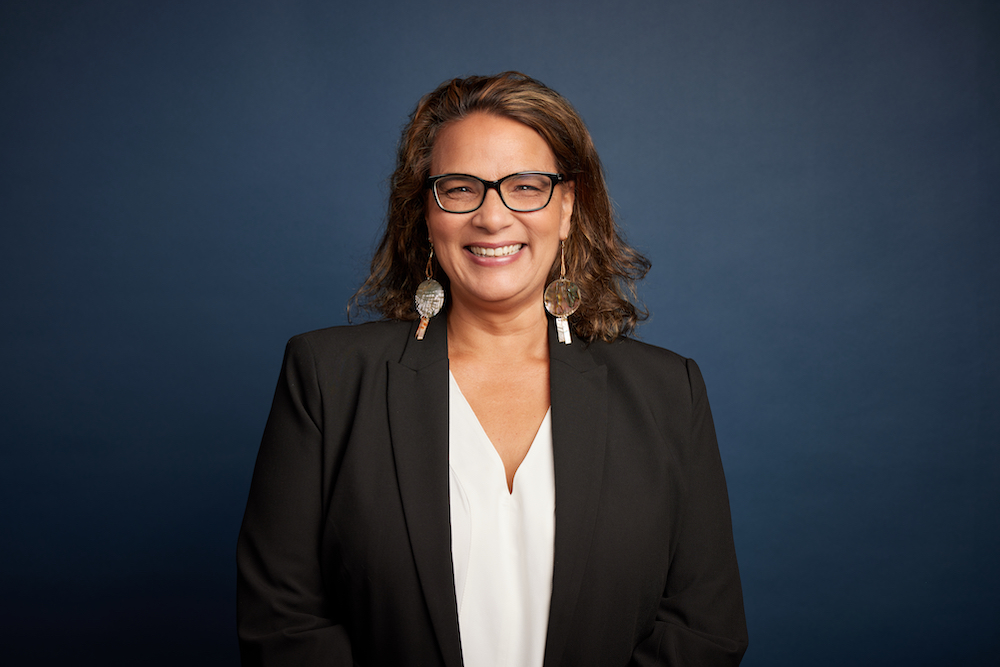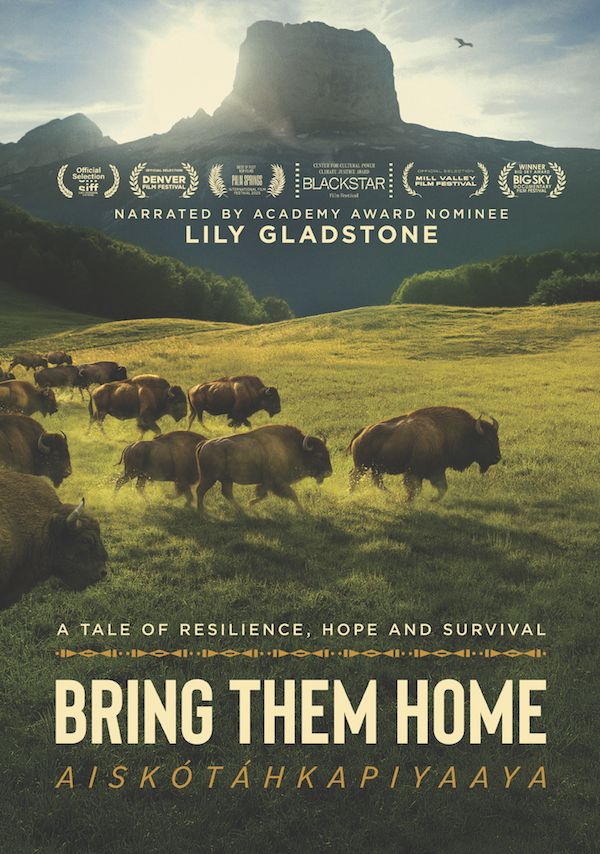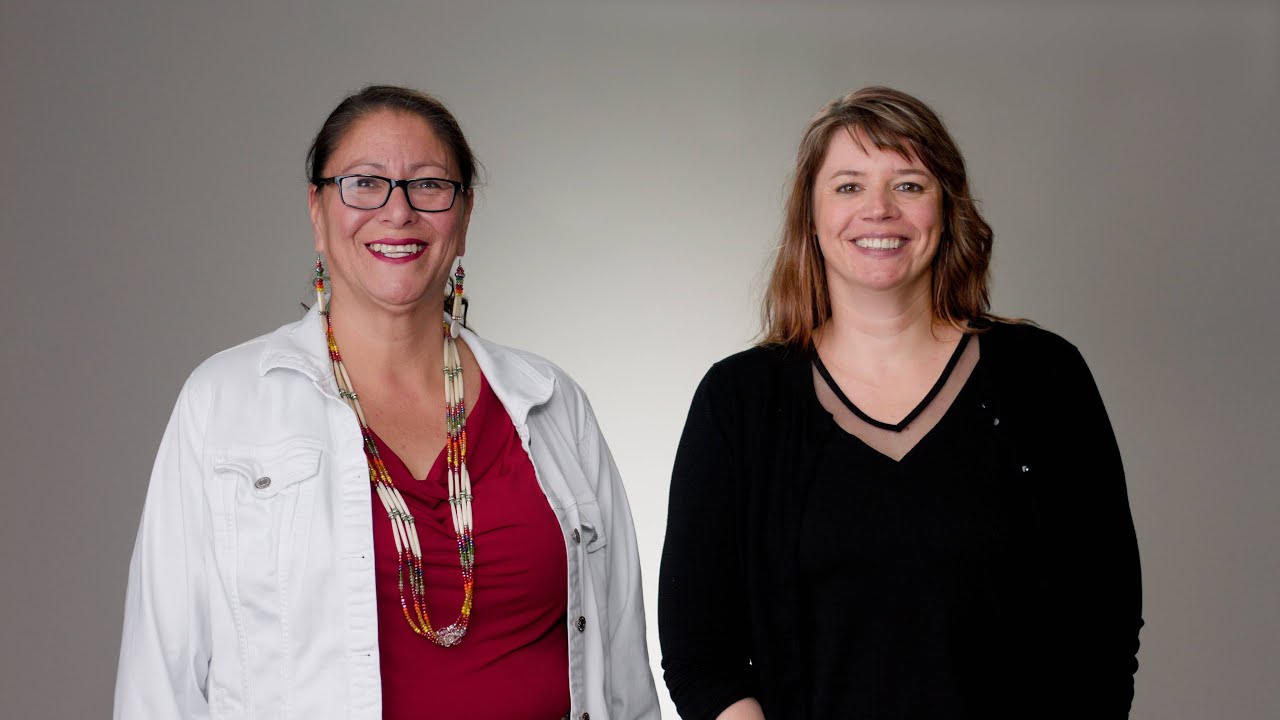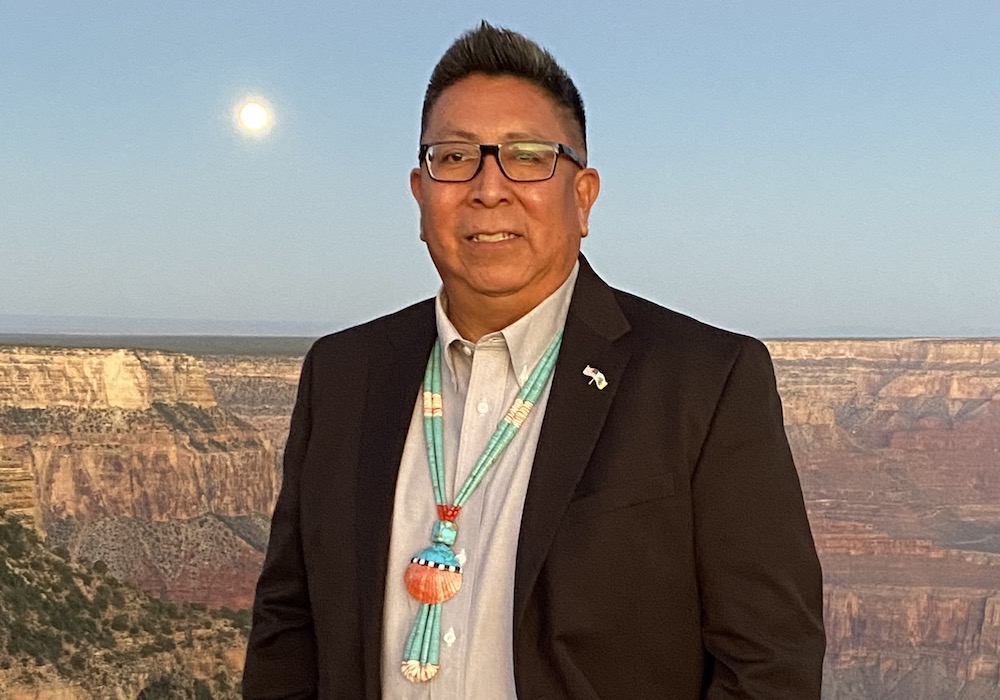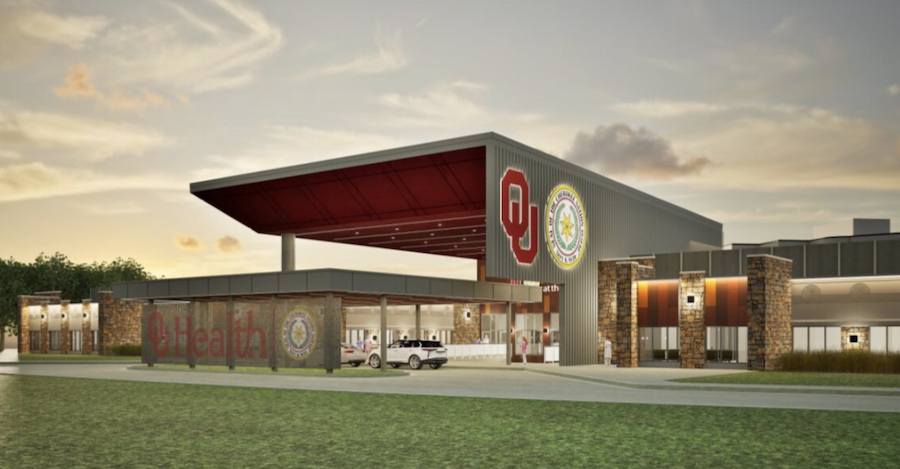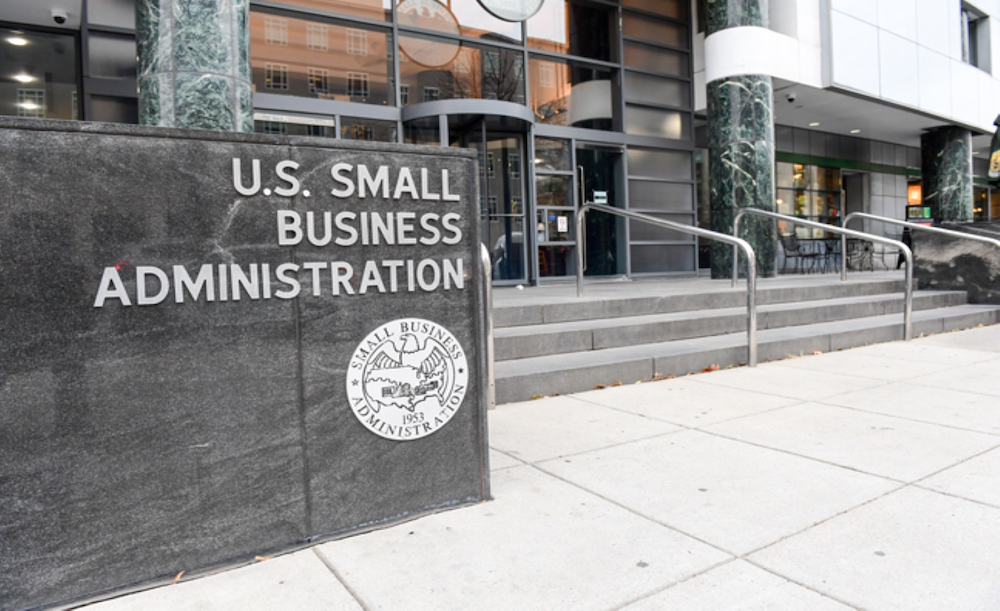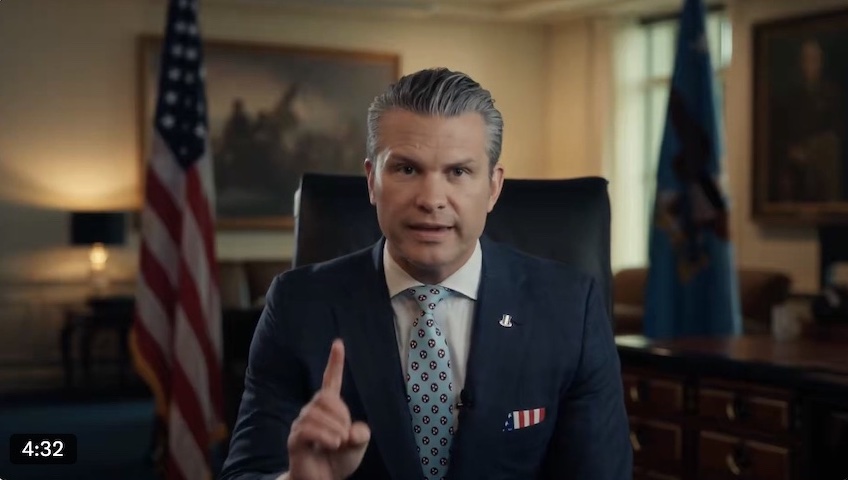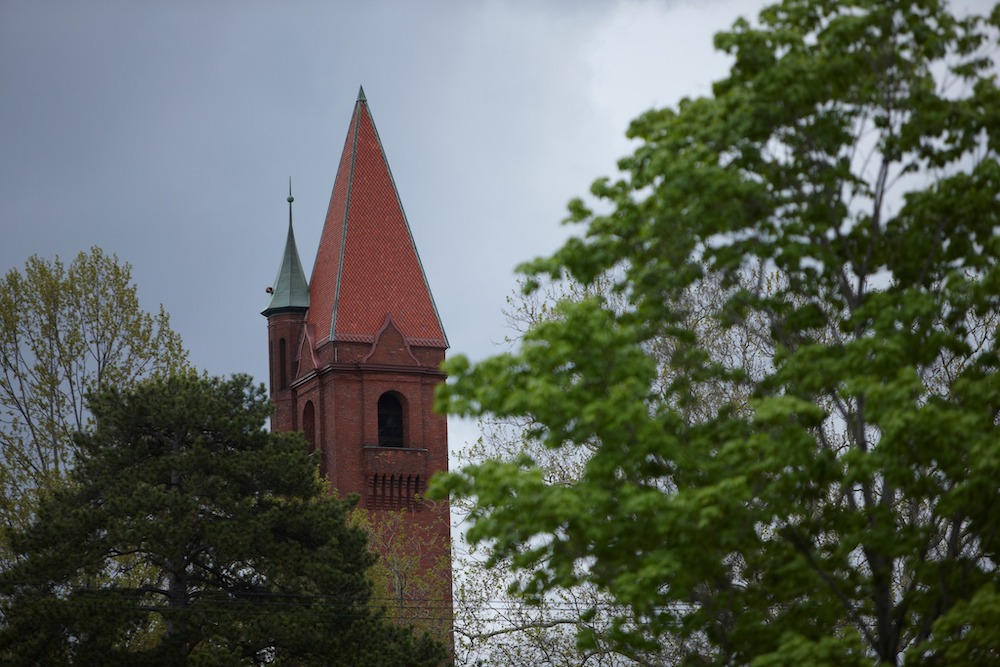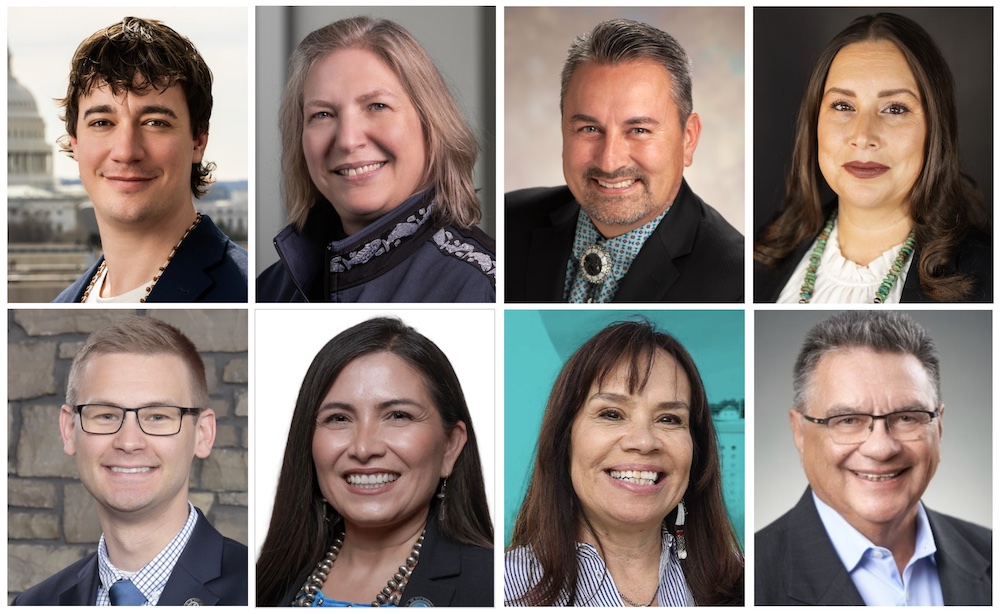1 February 2026
Federal agencies are expanding shared decision-making agreements with tribes, but gaps in authority and capacity continue to limit tribal control over federal land and water management, a new Government Accountability Office report found.
01 Feb
Senate Finance Committee ranking member Ron Wyden (D-Ore.) urged the Securities and Exchange Commission to consider delisting White River Energy Corp., accusing the company of repeatedly violating...
February 01
Tribal nations are bracing for a wave of relicensing as nearly 40% of existing federally regulated hydropower projects come up for renewal over the next decade — a reset that could determine how...
January 31
The University of Nevada, Las Vegas William S. Boyd School of Law and the Tribal Leadership Council will offer an Executive Certificate in Tribal Sovereignty and Economic Leadership Program...
February 01
Blending historical approaches with modern data applications, tribal leaders and organizations set the stage for the next decade of economic data innovations.
A nonprofit group in Nuiqsut has sued to block the Interior Department from canceling a conservation right‑of‑way created to protect the Teshekpuk Caribou Herd during development of the Willow oil...
Sponsored Content
Broadband has moved from being a “nice to have” and is now considered essential infrastructure. Fiber networks strengthen public safety, expand healthcare access, support education and workforce...









